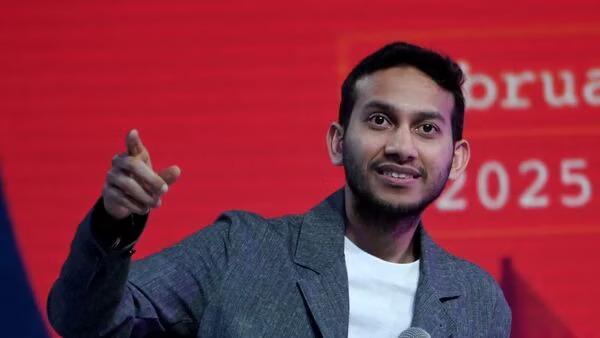
Ritesh Agarwal Hails India-UK FTA as a Startup Game-Changer
The recently signed India-UK Free Trade Agreement (FTA) has sent waves of excitement across the startup ecosystem in India. One of the most prominent voices hailing the deal as a “game-changer” is Ritesh Agarwal, the founder of Oyo Rooms. In an exclusive interview, Agarwal emphasized the significant benefits the FTA will bring to Indian startups, particularly in sectors like hospitality and mobility.
The India-UK FTA, signed on November 17, 2021, aims to boost bilateral trade and investment between the two countries. The deal removes tariffs on 99% of exports from India to the UK, making it easier for Indian companies to access the UK market. This is expected to create new opportunities for Indian startups to expand their global presence and attract more investors.
According to Agarwal, the FTA will have a profound impact on Indian startups, particularly in the technology sector. “The FTA will enable easier funding, tech exchange, and cross-border expansion for Indian startups,” he said. “India and the UK have a long history of innovation and entrepreneurship, and this deal will further strengthen our partnership.”
One of the key benefits of the FTA is the reduction of tariffs on Indian exports to the UK. This will make Indian goods more competitive in the UK market, creating new opportunities for Indian startups to scale up their businesses. For instance, Oyo Rooms has already seen a significant increase in bookings from the UK market since the FTA was signed.
The FTA will also facilitate technology exchange between Indian and UK startups. Agarwal believes that this will lead to the development of new products and services that can benefit both countries. “The UK has a strong focus on innovation and technology, and we can leverage this expertise to develop new solutions for the Indian market,” he said.
Another significant benefit of the FTA is the ease of funding it will provide for Indian startups. With the UK being a major hub for venture capital funding, the deal will make it easier for Indian startups to access funding from UK-based investors. This will be particularly beneficial for startups in sectors like hospitality and mobility, which require significant investment to scale up their businesses.
The FTA will also create new opportunities for Indian startups to expand their global presence. Agarwal believes that the deal will enable Indian startups to tap into the UK market, which is one of the largest economies in the world. “The UK is a strategic market for Indian startups, and the FTA will provide us with the necessary infrastructure to expand our business in the region,” he said.
In Tamil Nadu, the MSMEs (Micro, Small, and Medium Enterprises) are expected to benefit significantly from the FTA. The state is home to a large number of MSMEs, which are major contributors to the state’s GDP. With 99% of exports to the UK becoming tax-free, MSMEs in Tamil Nadu will gain a major boost in global access and investor confidence.
The FTA will also create new job opportunities in the UK and India. Agarwal believes that the deal will enable Indian startups to hire more talent from the UK, while UK startups will be able to tap into the skills and expertise of Indian professionals. “The FTA will create a win-win situation for both countries, and we expect to see a significant increase in job creation in both countries,” he said.
In conclusion, the India-UK FTA is a significant game-changer for Indian startups, particularly in sectors like hospitality and mobility. The deal will enable easier funding, tech exchange, and cross-border expansion, creating new opportunities for Indian startups to scale up their businesses and attract more investors. With 99% of exports to the UK becoming tax-free, Tamil Nadu’s MSMEs and India’s startups gain a major boost in global access and investor confidence.






